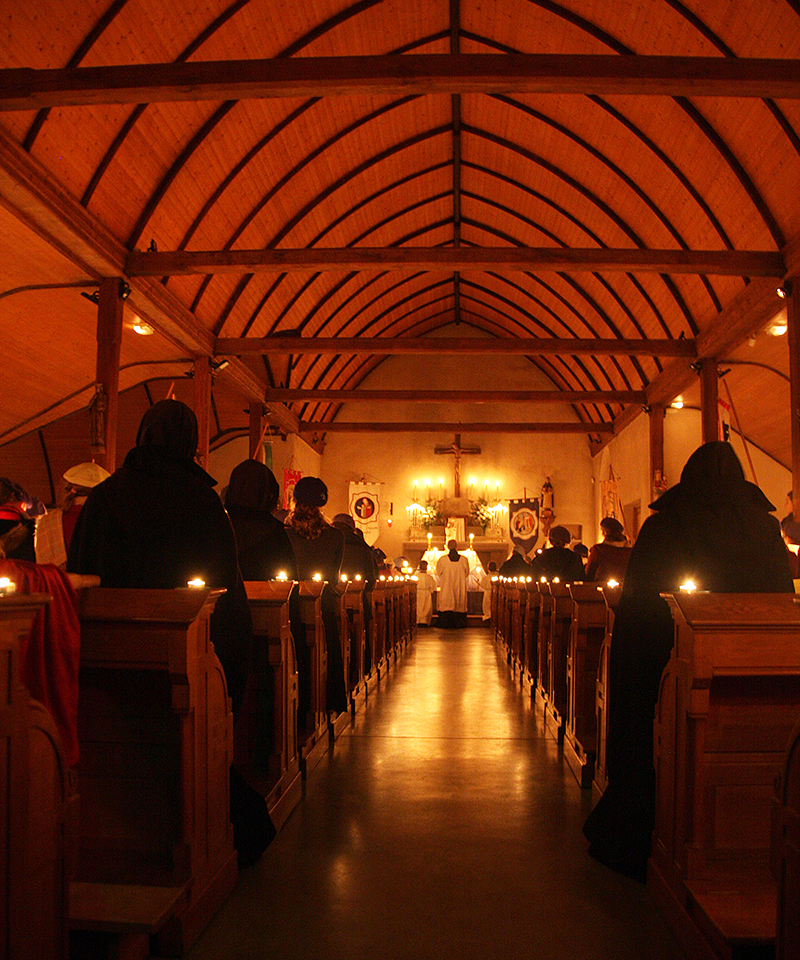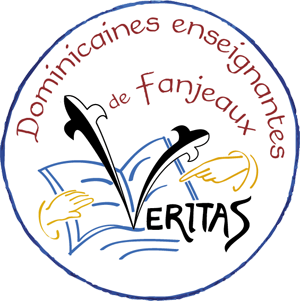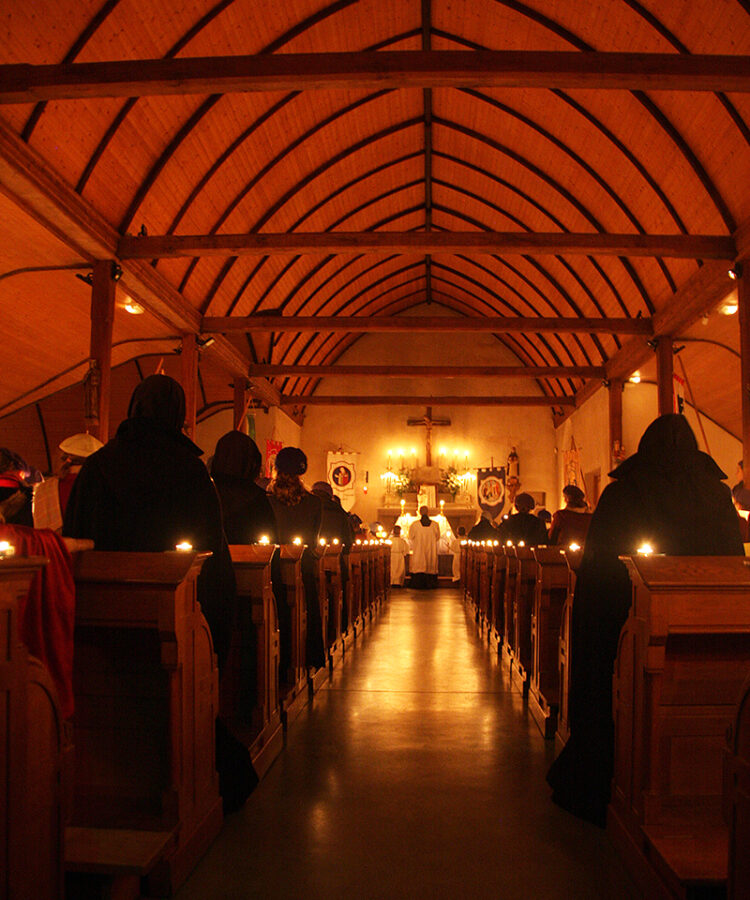(Ephesians 5:8)
Parents, leaders, and educators, we have a mission, a duty to lead children's souls toward the Light which will be their guide and their happiness. In order to illuminate the way that lies before each one of us, once a week we invite you to discover some of the words of certain wisemen and witnesses, measuring their worth by the words of St. Thomas Aquinas: “Do not consider the one who speaks, but whatever good you hear from him, confide it to your memory.” (from The Sixteen Ways to Acquire the Treasure of Knowledge by St. Thomas). Happy reading!

Mama was always with us. She did not leave for countries with strange names to give conferences. We awaited my father’s return by counting the number of beddy-byes. For distant journeys, Mama had invented another method. On a piece of paper hung above the bed there were some circles. Beneath the first one we would draw a line each night. By the fifth day it had turned into a little stick figure, a cartoon man. Papa would return when one, two, or three were drawn. At school, in front of our astonished classmates, we used to declare peremptorily, “Papa will be home in two little stick figures.”
Jérôme (1926-1994) and Birthe Lejeune (1928-2020)
(in: Life Is a Blessing, by their daughter Clara Gaymard)
Professor of Genetics, Member of l’Institut and the Pontifical Academy of the Sciences, presented the Kennedy Prize for his discovery of Trisomy 21
“Song and lyricism: it all began with a pen in the autumn of 1949 at the Bibliothèque Sainte-Geneviève. The girl of his dreams, as Jérôme imagined her at the time, was blonde, slender and named Dominique. Nothing to do with the twenty-something Jérôme was to encounter when he handed the object to the foreign student in front of him, a girl who was “petite, slender, with long raven-black hair, and full bangs emphasizing the unusual prettiness of her face.” Twenty-five years later, the only words he could find to describe this first meeting to his daughter were these: “I don’t know why your knees tremble and your throat is dry when you’re in love, but without a doubt what we experienced, your mother and I, is called love at first sight.” Birthe, such was the name of this dreamy-eyed, highly intelligent, strong-willed student. Birthe was Danish and Protestant. Jérôme had to contend with the reluctance of his family, especially his mother. But if Jérôme was ready to follow Birthe to her native country for the wedding ceremony, and then to Kerteminde for the family vacations in the summers to come, if he willingly accepted to live on meat in brown sauce, mussels and very black coffee, the Danish way, Birthe was committed to following him into the Catholic Church. Early in 1952, Jérôme wrote to her: “My darling, you must love the Catholic religion; do it first out of love for me, and you’ll see that, later on, this same religion will help us to love each other better.”
Jérôme (1926-1994) and Birthe Lejeune (1928-2020)
(in: Life Is a Blessing, by their daughter Clara Gaymard)
Professor of Genetics, Member of l’Institut and the Pontifical Academy of the Sciences, presented the Kennedy Prize for his discovery of Trisomy 21
In the same category « Education – Pedagogy », also read :

